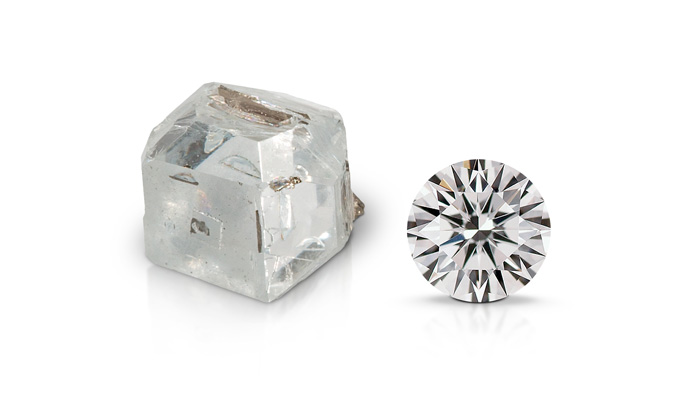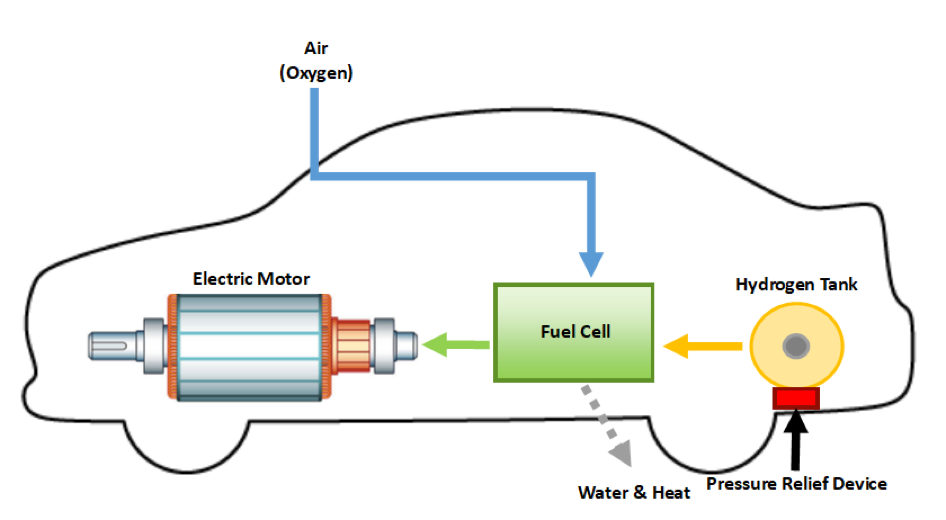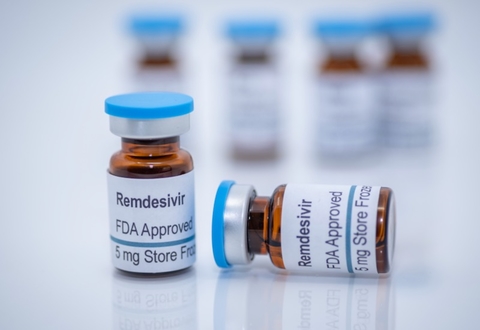Glass is much less durable and has a lot less sparkle than a well-cut diamond. Other diamond imitations like synthetic cubic zirconia and natural zircon or topaz gems are likely to chip with wear.
 Synthetic Diamonds Diamonds Grown In A Lab Gia
Synthetic Diamonds Diamonds Grown In A Lab Gia
An estimated 6 million people pop the question on Valentines Day and many of those proposals will involve a diamond.

When did lab grown diamonds start. How Lab Grown Diamonds Are Born When scientists create a diamond in a lab they replicate how diamonds form in the Earths crust. Today it costs 300 to 500 per carat to produce a CVD lab-grown diamond compared with 4000 per carat in 2008 according to a report commissioned by the Antwerp World Diamond Centre AWDC. Natural diamonds formed many years ago deep below the Earths surface.
A diamond can take anywhere from 1 billion to 33 billion years to form in nature. Leaving the machines in use for up to. Lab grown diamonds will contain minor internal or visible inclusions comparable to the purest mined diamonds.
An Indianapolis woman says her fiancé did not get what he paid for and she asked Call 6 Investigates Kara Kenney to look into whether her diamonds are genuine lab grown or fake. Lab-grown diamonds are a far cry from fake diamonds. Due to their unique characteristics thermal conductivity hardnessuse as an abrasive optical transparency and high electrical resistance diamonds were initially manufactured for industrial applications.
Lab-grown diamonds commonly referred to as man-made or synthetic diamonds have been in the works as early as the 1940s. While they dont know exactly how those diamonds came to be they believe the process starts with carbon dioxide that is buried roughly 100 miles beneath the Earths surface. Lab grown diamonds have been around for some time now but only recently have they become widely known.
Like mined diamonds lab grown diamonds are available in different carat color clarity and cut. Forward to the 1970s that is when gem-quality lab stones have been available. Lab grown diamonds often referred to as cultivated diamonds man made diamonds or even synthetic diamonds are created in a laboratory setting that emulates the natural process of a diamonds growth - only taking a lot less time say 3 billion years less give or take.
But so far De. Lab-created diamonds have none of those issues. This competitive pricing makes them appealing to many couples.
Despite that man-made diamonds have definitely been around as early as the 1940s. The risk for the 130-year-old De Beers which coined the marketing tag A Diamond is Forever in 1947 is that its branding of lab-grown gems could undermine natural diamonds. Another difference between the two is that earth-grown diamonds are 3 billion years old while a lab-grown diamond only takes 6-10 weeks to grow depending on its size.
The Gemological Institute of America is tweaking the grading reports it issues for man-made diamonds dropping the word synthetic but still not using the same scale it does for natural diamonds. Mined Diamonds Geologists believe that diamonds formed deep within the Earth between 1 billion to 3 billion years ago. Commercially however in the 1980s is when high-quality man made diamonds became accessible.
Beginning July 1 the GIA Synthetic Diamond Grading Report will become the GIA Laboratory-Grown Diamond Report. Lab-grown diamonds as they are growing in a plasma reactor. Resources say General Electric GE created the first batch of lab created diamonds in 1954.
In the Earth carbon atoms crystallize due to the intense heat and extreme pressure surrounding them which creates diamonds. Weve been working in the man made diamond industry since 2005 long before it became popular. In that time weve been able to perfect our processes and build relationships with the best vendors and jewelers around.
By 1971 GE had managed to grow gem-quality diamonds for the first time using seeds of natural diamond in a process now known as HPHT still the primary manufacturing technique today. Lab diamonds are tested and graded by the same gemological labs where they certify natural diamonds using the same stringent standards. Historically fake diamonds were typically glass.
Lionel BonaventureAFP via Getty Images We all talked a good game us baby boomers says Weindling who is wearing a. Lab-grown diamonds can be up to 20 - 40 less expensive than natural diamonds. The alchemy happens when carbon atoms that are miles deep into the surface of the Earth begin to crystalize due to.
Optically chemically and physically identical to natural mined diamonds the demand for lab grown diamonds has soared in recent years as engineering methods and technologies have been perfected to produce diamonds.










